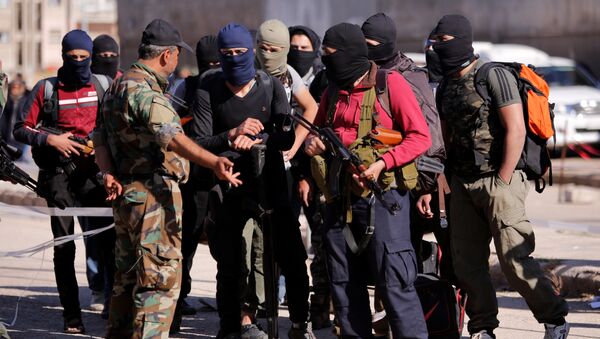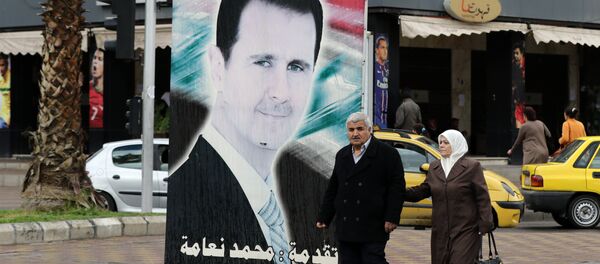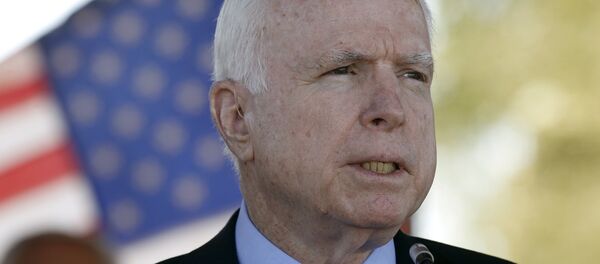The Washington Post published a story on Wednesday, July 19, where they claimed that anonymous US government officials had told them that Trump intended to put a stop to the program. At the time, Washington officials refused to comment.
The CIA's covert program to arm and train rebels to fight Assad's government was the primary means by which the United States opposed the Syrian president. As such, many have labeled the rumored end to the program an admission by the Trump White House that regime change in Syria is no longer feasible.
This contradicts statements from American leaders such as Secretary of State Rex Tillerson and UN Ambassador Nikki Haley, both of whom have laid out the removal of Assad as a key US objective in Syria. Tillerson said that the US saw "no long-term role for the Assad family or the Assad regime" earlier in July.
Trump's reasoning behind the decision, which has sparked a furor in mainstream outlets, is only something that can be speculated about as he has not yet made a statement on the decision. Anti-Russian outlets such as the Post have claimed that the cessation, a "huge strategic blunder", is a capitulation of Trump to Russian President Vladimir Putin, who backs Assad.
However, the decision allegedly was made before Trump's much-discussed meetings with Putin at the G-20 Summit. This lays credence to the other theory: Trump ended the program because it wasn't working, and that US money was better suited to be spent elsewhere.
In 2015, the Post reported that the CIA program had a budget of around $1 billion and was meant to produce a 5,400-strong militia opposed to Assad.
US Special Operations Command head Raymond Thomas said at a security forum on Friday that Russia may be able to challenge the legality of the US military presence in Syria.
"We are a bad day away from the Russians saying, 'Why are you still in Syria, US?' It has come up in the form of some close calls there," Thomas said, adding that the stated reasoning for the US presence in Syria is to fight Daesh and other terrorist groups, not Assad.
"We went there for all the righteous reasons, but if the Russians play that card, we may want to stay and have no ability to do it. They could play it out," Thomas went on to say.
The US-led coalition of now more than 70 member states has been conducting airstrikes in Syria since 2014.







